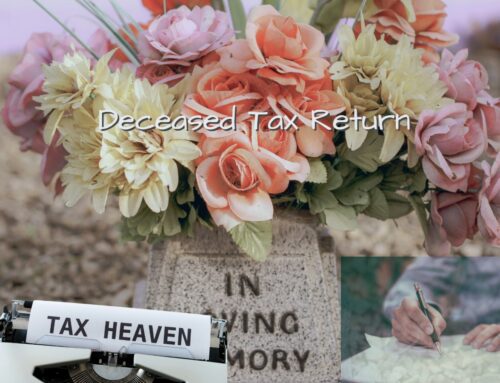Divorce accountant: helping you to ensure your tax position is right
As a Divorce Accountant, we aim to help you get a fair and equitable deal as you work through an emotional time.
What You Need to Know When It All Splits Up
Divorce and taxes are neither fun nor part of life’s matters. With at least one in three marriages ending in divorce — and countless more de facto relationships breaking down — the capital gains tax (CGT) roll-over provisions for relationship breakdowns have become increasingly relevant for Australians navigating separation.
At Gartly Advisory, we specialise as Divorce Accountants and help clients navigate divorce tax and business implications of separating assets — especially when small business interests, investment properties, or family trusts are involved. We explain things in simple terms and have your back! Questions are splitting the business or selling the business needs to be addressed.
Getting Divorced: The CGT Rollover Relief: A Lifeline (But With Rules)
The ATO provides CGT rollover relief to ease the financial burden of separation — allowing certain asset transfers between spouses to be exempt from immediate CGT.
However, this doesn’t mean CGT is avoided forever — it simply means tax defers until the receiving spouse sells or disposes of the asset. In that case, the new owner inherits:
- The original cost base (not the market value at transfer) and
- Potential eligibility for the 50% CGT discount, provided the asset is held for a sufficient period.
It’s at this stage that we suggest you seek taxation advice from a specialist divorce accountant to understand what that means to you from a taxation point of view.
Most importantly, this is to qualify that the CGT transfer must occur via:
- A Family Court order;
- A binding financial agreement;
- A spousal or maintenance agreement is defined in tax law.
No agreement, then no CGT rollover can apply.
Don’t get talked into being told that an agreement isn’t required.
Key CGT Rollover Traps to Watch Out For!
- Don’t assume all assets qualify.
Not everything gets rollover treatment:
- Trading stock is subject to standard taxation.
- Transfers to a trust, company, or estate (even if for the benefit of your ex) don’t qualify — except in rare cases, such as child maintenance trusts under strict conditions.
- Want to use a capital loss? Don’t trigger rollover
If one spouse wants to crystallise a capital loss on an asset (e.g., a falling investment), don’t transfer it under a court order.
When negotiating a deal, do it via a private agreement, and CGT will apply in the usual way.
This is a strategic tax planning opportunity when handled correctly.
Separation and the Family Business
Things get even trickier when you’re dividing up shares, units, or goodwill in a small business.
Key questions that need to be addressed :
- Who will retain control of the business?
- Can the business be split without damaging its value?
- What’s the impact on trust structures, Division 7A, or director loans?
Transfers of shares or interests may be eligible for CGT rollover. But, only if structured properly under a valid agreement.
Where a family trust or private company owns the assets, additional tax rules apply, and a rollover may not be available.
If done poorly, this can lead to:
- Immediate CGT bills;
- Company profit extraction problems;
- Family trust disputes over control or entitlements.
📌 We strongly recommend reviewing your business structure before or during the separation process.
Divorce Planning Tip: It’s Not Just About Fairness — It’s About Forward Tax Planning
Getting a divorce or Separation is an emotional time. On the upside, it also presents an opportunity to restructure assets in a tax-smart manner.
With the right advice from a smart divorce accountant, we can help you with:
- Ensure CGT is deferred where appropriate.
- Avoid nasty surprises down the track.
- Minimise tax through strategic transfers.
- Set up your new financial future with clarity and control.
Final Word from Geoff at Gartly Advisory
Divorce, like death, creates tax planning windows — if you act wisely.
While the CGT rollover rules are helpful, they’re also riddled with traps, exceptions, and technical conditions. Whether you’re just starting separation discussions or signing a settlement agreement — let’s talk first.
At Gartly Advisory, we bring not just tax knowledge, but commercial and emotional sensitivity to help you move forward — financially and personally.
📞 Contact us today to discuss your situation. Whether it’s CGT, business shares, trusts, or that investment property — we’ll help you exit cleanly and smartly.





